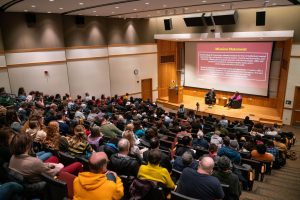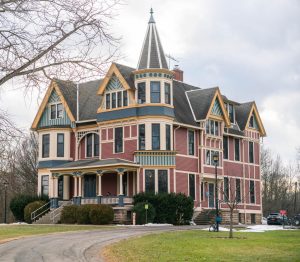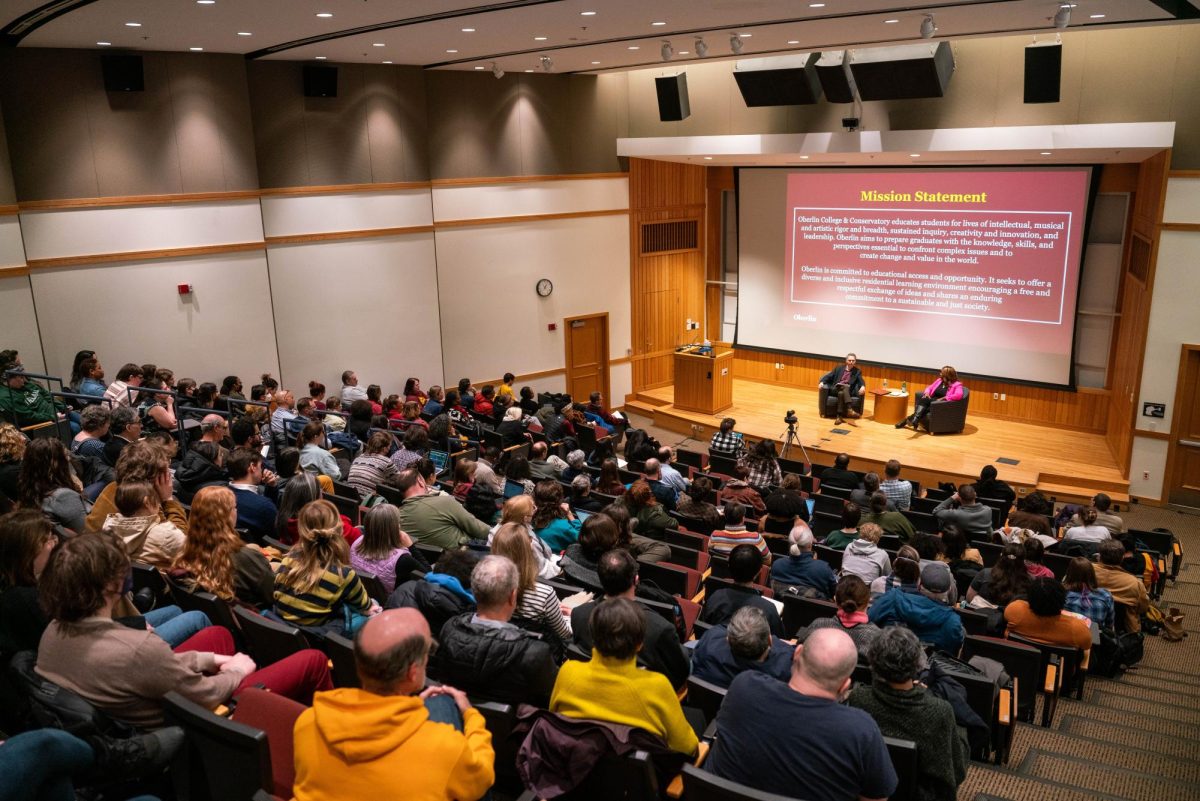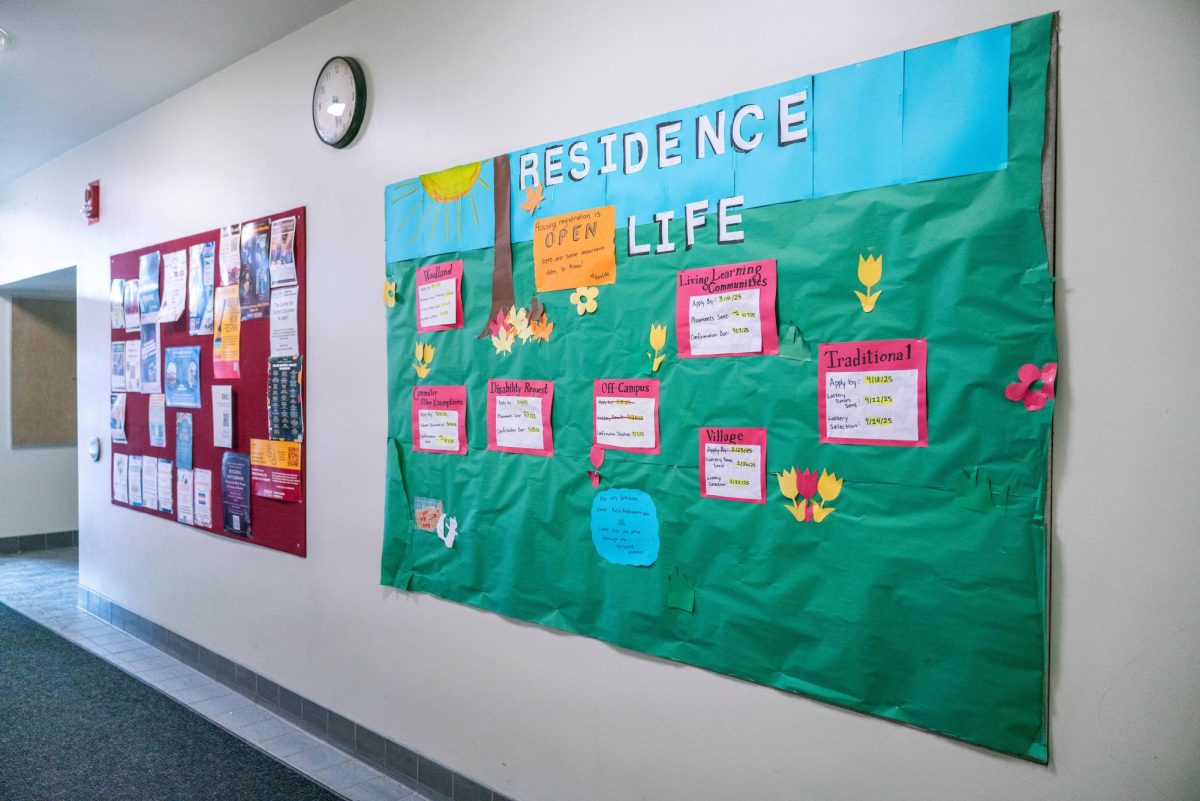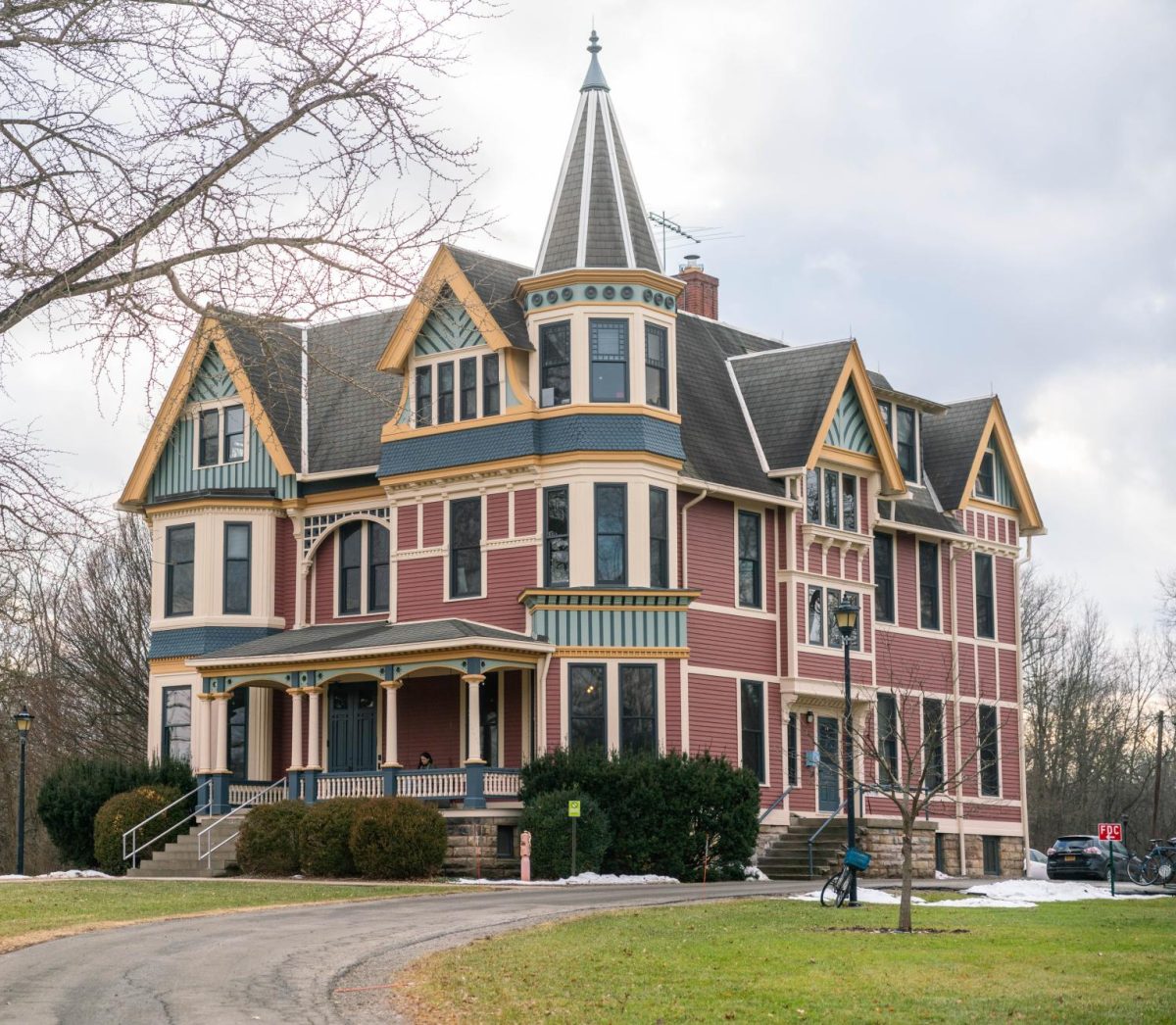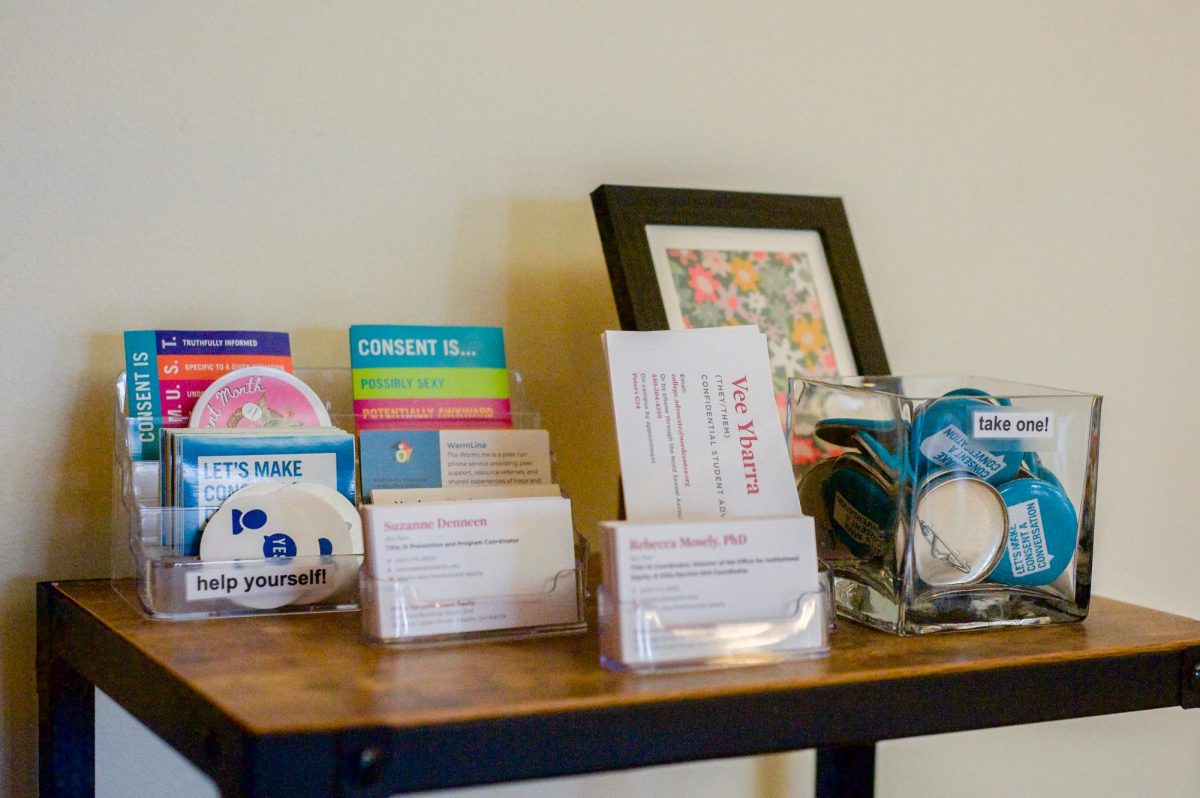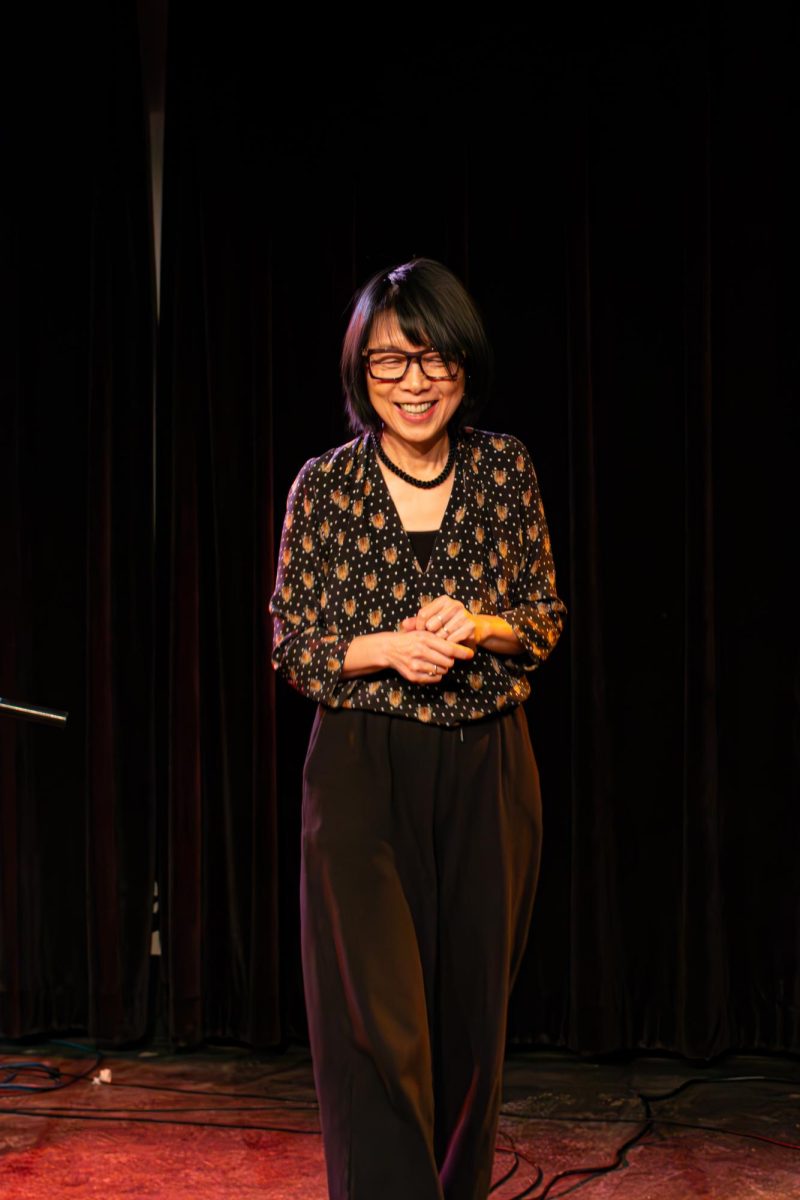Campus Debates Toxicity
May 2, 2014
This past week, controversy surrounding Solarity’s upcoming event, Toxicity, has surfaced on campus and social media. The criticism is largely directed at the event’s name, which many students claim connotes disaster and dystopia. College senior Jessica Lam posted a “Response to ‘Toxicity’” on Facebook last Friday, ushering in a campus-wide conversation about the event. “The first time I saw fliers advertising Solarity’s next event, I joked about modifying them with labels so the new version would read, ‘White Culture is Toxicity,’ ” Lam wrote. “Weeks later, my friend tells me she was in Japan during the Fukushima Daiichi nuclear disaster. This is what she thinks about when she sees Solarity’s posters.” The document cites several incidents of human-generated “toxic” ruin, including disasters in Chernobyl, Hiroshima and the Elk River: “Glorifying human-made disasters is TOXICITY,” the document affirms. Lam’s statement, which underwent several amendments, was endorsed by Oberlin’s Asian American Alliance, the Edmonia Lewis Center, the Vietnamese Student Association, the student publication As I Am and the Japanese Student Association. “The statement was not meant to attack Solarity or the organizers, performers and attendees of the event,” Lam concluded. “Rather, I hoped to open up a conversation about the romanticization of dystopian realities.” In response, Solarity drafted a document of its own, conceding, “Although we had multiple perspectives when deciding the theme, we admittedly did not do a good job conveying our vision to the student body, and fully appreciate its potential connotations.” A panel was held this afternoon in Wilder Hall to address the controversy and related topics.



